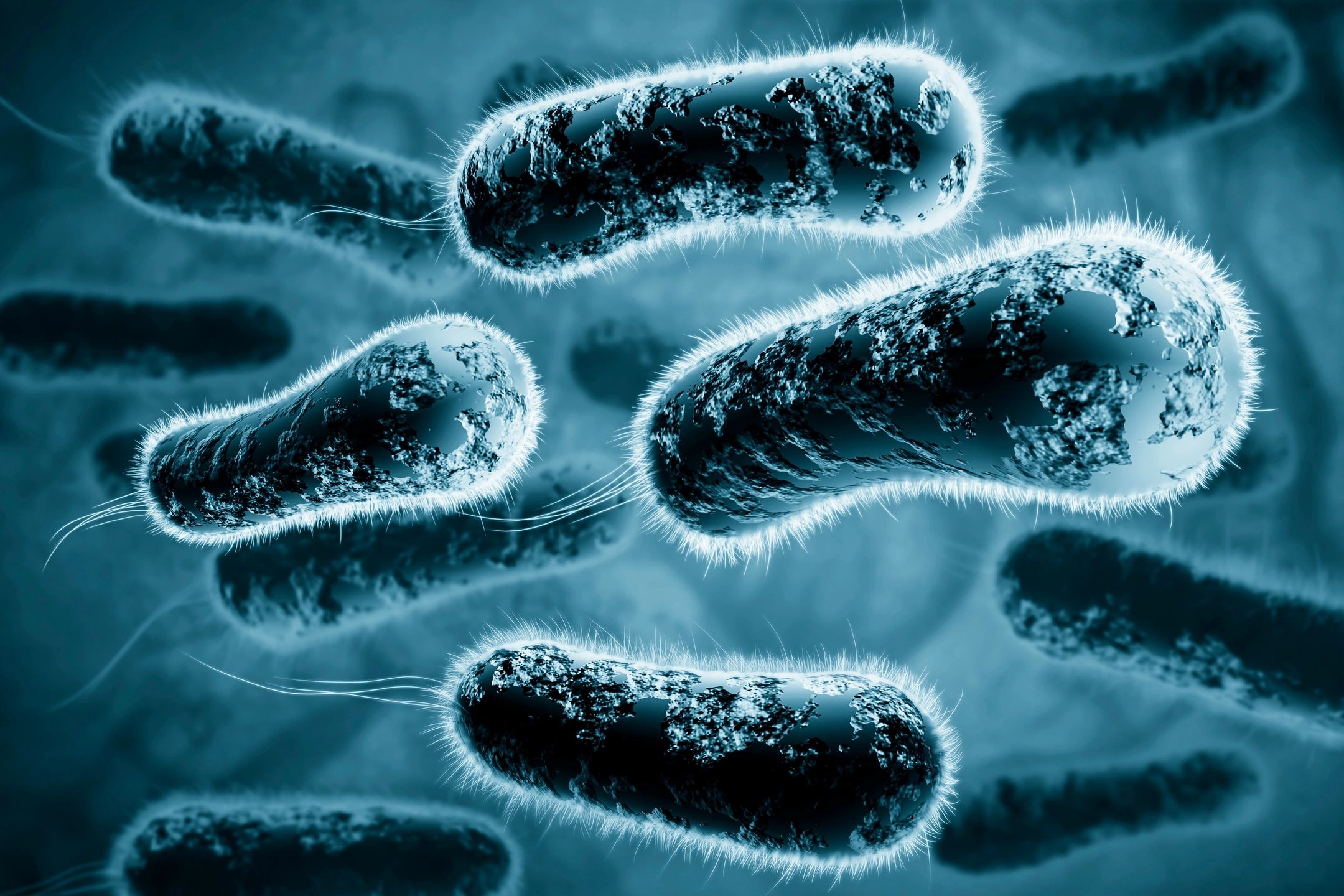Opportunistic Infections

Opportunistic Infections
Dr. Claire Arcidiacono, ND
What do we mean by the phrase opportunistic infections? Well it is exactly what it sounds like, it is an infection that takes the opportunity to grow when your immune system is compromised. Some types of cancer and cancer treatments can weaken our immune system. One way that this occurs is by reducing the ability of the bone marrow to make the white blood cells that fight infections. One example of a low white blood count is called neutropenia, or low neutrophils.
Now I’m sure you have heard that our skin is covered with bacteria and other “bad guys”. Normally these bacteria aren’t a problem. However for someone with a compromised immune system the bacteria or viruses on the skin and in the digestive system can make them sick.
I bet your first thought is so Doctor Claire exactly what type of “bad guys” make us sick when we have a compromised immunity? Well there are 4 types of bad guys that cause infection. These include bacteria, viruses, fungal infections and protozoal infections.
Of these 4 different types of bad guys bacteria have been found to be the most common in those with cancer. These bacteria include Staph, Strep, Pseudomonas, C. Diff, E.coli and Listeria. Symptoms that indicate that you may have a bacterial infection can include upset stomach, stomach pain, and change in appetite, diarrhea and even a fever.
In addition to bacteria viruses’ can also be a common infection if you are exposed to them. These can include the viruses’ that cause the common cold, the flu, Varicella (chicken pox virus), Herpes virus, Cytomegalovirus virus and Coronavirus. Viruses in general can cause fever, muscle aches, coughs, headaches and sore throat. Herpes as we know can cause cold sores or genital sores. (1) For more information please see the blog on Herpes written by Allie Might. Varicella or chicken pox can also cause raised bumps on the skin as well as small fluid –filled blisters. After a few days these will form crusts and scabs. (2)
One of the most common fungal infections that can occur in cancer patients is Candida. You may have heard of an infection in the mouth called thrush. This is another name for fungal Candida in your body. In addition to affecting your mouth thrush can also grow in your vagina or on your penis. Thrush usually looks like a white patch with read and sore skin. Less common fungal infections include Aspergillosis and Pneumocystis.
Toxoplasmosis is a type of protozoa that can infect our brain if we have a compromised immune system. (1) This usually spreads via undercooked meat or exposure to cat feces. The symptoms of a protozoa infection include fever, swollen lymph nodes, headaches, muscle aches, rash, eye pain, poor vision and floaters. For those with a compromised immune system it can also cause brain inflammation or encephalitis. This can present with confusion, poor coordination, muscle weakness, seizures and even changes in alertness. (3)
One dangerous side effect of having an opportunistic infection during cancer is an increase in the risk of developing sepsis. If you suspect you have sepsis go to the hospital. Sepsis is very dangerous. People can and do die from it. Some signs to be mindful of include slurred speech, confusion, extreme shivering or muscle pain, passing no urine (in a day), severe breathlessness, it feels like you’re going to die, skin mottled or discolored. SEPSIS is the acronym to help you remember the symptoms. (4)
Opportunistic infections can also leave to patients having to either reduce treatments or even stop treatments. It is important to support our immune system the best we can.
During treatments:
- There are some activities that are important to help us avoid getting sick. To start with try to avoid being around anyone who is sick. In addition to washing your hands it is important to brush your teeth. It is also important to clean any frequently touched surfaces. (1)
- Probiotics have been found to help boost our immune system and fight off pathogens. (5) Please see Invite’s Probiotic Hx, Probiotic Immune and Digestive Probiotic gummy!
- Zinc has been found to be very important in helping keep our immune system healthy and working at its peak capacity. (6) Please see Invite’s Zinc tablets, chewable tablets and Invite’s Immunity Hx.
- Colostrum has been found to help boost our immune system and even fight off bad bacteria and fungal overgrowth. (7) Please call Invite for more information on how to order this amazing nutrient!
After treatments – I usually recommend the following after your treatments in order to avoid any possible interactions with the different cancer treatments.
- Green Tea has been found to be very helpful in increasing how well our immune system works. It has also been found to help improve WBC. (8) Please see Invite’s Green Tea Tx and Green Tea Hx.
- NAC has been found to help with our immune system, including helping to improve WBC. (9) Please see Invite’s NAC.
- Olive Leaf has also been found to help improve our immune system and fight off pathogens. (10) Please see Invite’s Olive Leaf Extract.
Our product highlight will feature Green Tea and the most common questions I get asked about it!
Sources:
- https://www.cancerresearchuk.org/about-cancer/coping/physically/fever/causes/infection/types
- https://kidshealth.org/en/parents/chicken-pox.html#:~:text=What%20Are%20the%20Signs%20%26%20Symptoms,belly%20or%20back%20and%20face.
- https://www.mayoclinic.org/diseases-conditions/toxoplasmosis/symptoms-causes/syc-20356249
- https://www.cancerresearchuk.org/about-cancer/coping/physically/sepsis-infection-cancer
- https://www.ncbi.nlm.nih.gov/pmc/articles/PMC9818925/
- https://www.ncbi.nlm.nih.gov/pmc/articles/PMC2277319/
- https://www.ncbi.nlm.nih.gov/pmc/articles/PMC8624701/#sec7-nutrients-13-03798title
- https://www.sciencedirect.com/science/article/pii/S2213453022000465#:~:text=As%20a%20result%20of%20in,system%2C%20and%20intestinal%20immune%20system.
- https://www.ncbi.nlm.nih.gov/pmc/articles/PMC4223415/#sec-a.m.etitle
- https://pubmed.ncbi.nlm.nih.gov/29149822/
